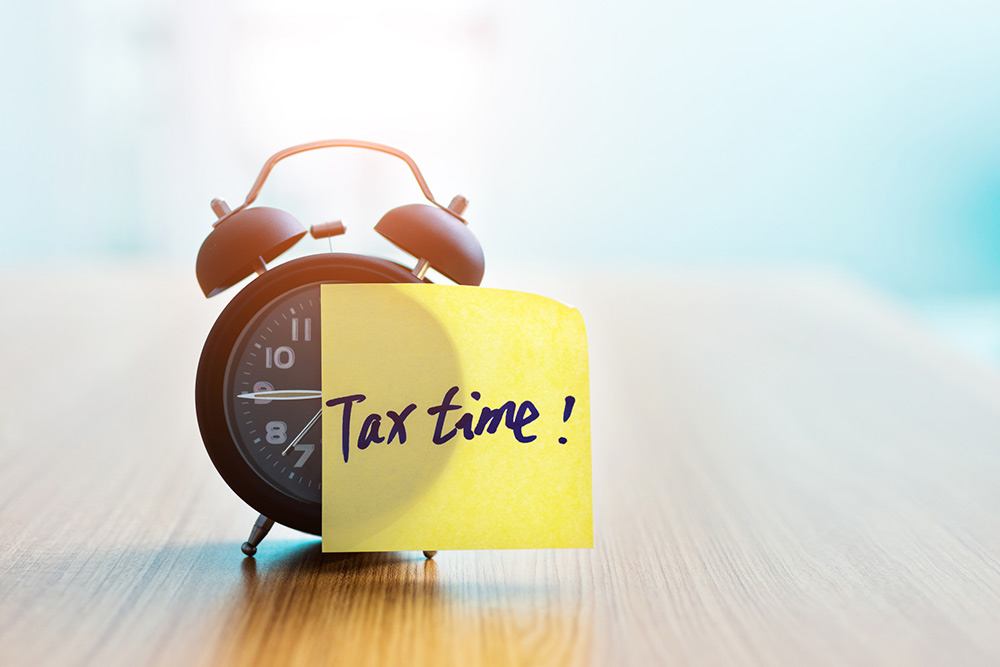
This content is for information and inspiration purposes only. It should not be taken as financial or investment advice. To receive personalised, regulated financial advice regarding your affairs please consult us here at WMM (financial planning in Oxford).
The UK Government spends a lot of money on pensions. In the 2021-22 tax year, spending on the State Pension is expected to reach £101.2bn (up from £98bn the previous tax year) – about the same amount spent on education. This is setting aside the cost of tax relief on pension contributions to the Exchequer, thought to be at least £40bn. Given the huge public debt brought on by COVID-19 and measures to support people through the pandemic, it is little wonder that the UK Government is looking at ways to enlarge its revenues and balance the books. One idea that appears to be coming from Whitehall is more taxes on pension – or, a removal of some of the attractive reliefs. Below, our financial planning team at WMM examines some of the rumours circulating in the press, reflecting on their implication for a pension plan – and their plausibility.
Equalise tax relief
Under the present system a Basic Rate taxpayer receives 20% tax relief on their pension contributions, whilst someone on the Higher Rate gets 40%. One idea that’s circulating appears to be an equalisation of tax relief so that everyone gets, say, 20/30% relief on their contributions. Whilst this would raise billions for the Treasury, the Government risks a political backlash from its higher-earning voting base by doing this. Such a change would, of course, mean a reduction in saving potential for people on the Higher and Additional Rates.
Lower the lifetime allowance
In 2021-22 the most anyone can save into a pension (tax-free) is £1,073,100. Taking any lump sum above this is charged at 55%, or 25% if taken as an income. Lowering this threshold to, say, £800,000 would certainly help raise more government revenues. However, this move would only raise taxes once people start accessing their pensions. Since the Government is looking to bring in additional revenues as soon as possible to help pay down covid debt, it is unclear how likely this option is. Pension savers would also likely have plenty of notice about the change (if put into law), allowing time to move capital into other tax-efficient savings vehicles – like ISAs.
Change the State Pension
As mentioned, over £100bn is expected to be spent on the State Pension in 2021-22. Lowering costs here would, therefore, make a big impact on paying down UK debt. However, the UK Government has repeatedly ruled out any change to the “triple lock” system (which raises the State Pension with inflation and/or wages to keep up with the cost of living). Doing so, after all, would likely be seen as a huge attack on retired people – who are more likely to vote, and cast it for the Conservatives. There has been talk even in the right-leaning press about how the State Pension system is flawed and in need of reform, but it is unclear what should replace it.
Tax employer contributions
In 2021-22 employers are legally required to contribute at least 3% of an employee’s salary to their workplace pension under the auto enrolment rules (via PAYE). Another idea appears to be introducing a tax on these employer contributions. This seems more politically feasible for the Government, which has already shown a willingness to target businesses in picking up the bill for COVID-19 spending by raising the rate of corporation tax to 25% from 1 April 2023 (for only certain companies exceeding £50,000 in profits). However, such a move would disincentivise companies from raising their contributions and could, therefore, put more pressure on workers to increase their own contributions.
Invitation
Interested in finding out how we can optimise your financial plan? Get in touch today to arrange a free, no-commitment consultation with a member of our team here at WMM.
You can call us on 01869 331469


